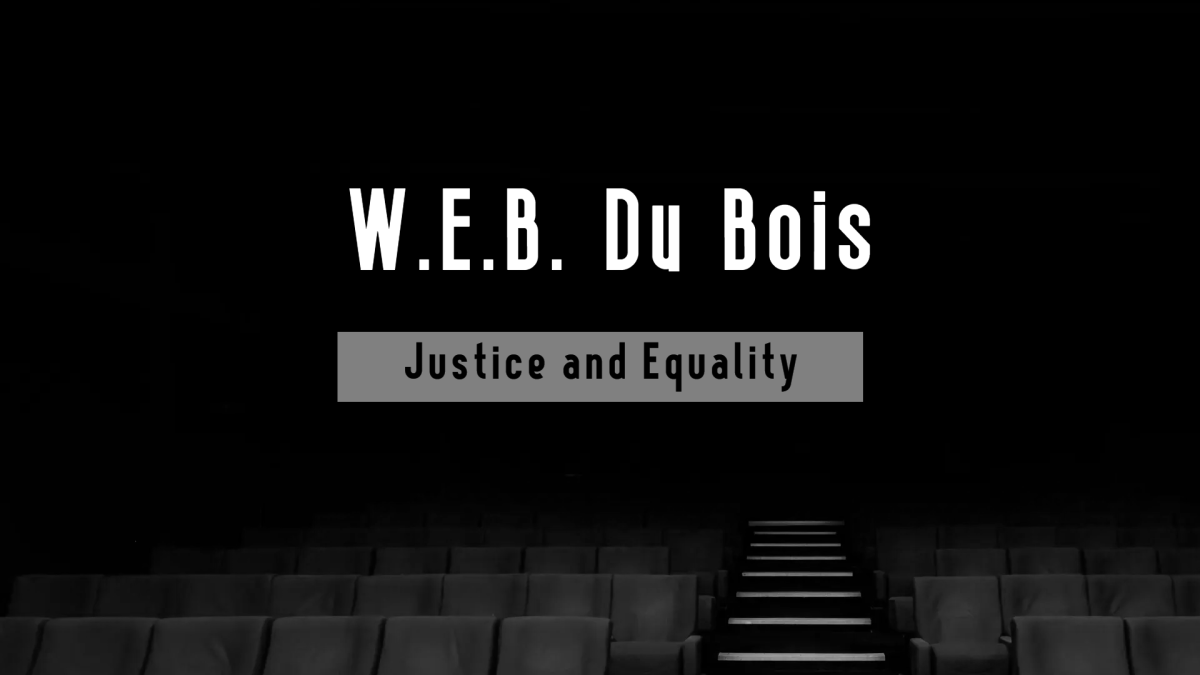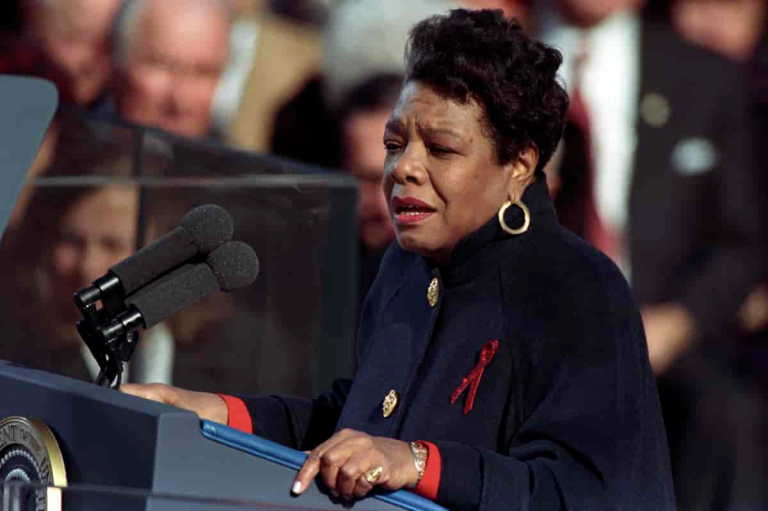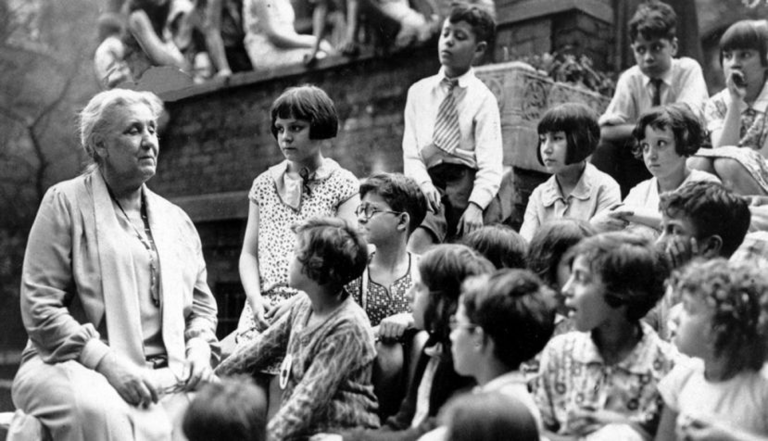W.E.B. Du Bois: Fight For Equality
W.E.B. Du Bois’s influential work in sociology, literature, and advocacy played a pivotal role in shaping discussions on racial equality, education, and social justice in the United States during the 20th century.
Du Bois’s groundbreaking ideas and activism inspire race, civil rights, and intellectual inquiry discussions.

Early Life and Accomplishments
Born on February 23, 1868, in Great Barrington, Massachusetts, W.E.B. Du Bois navigated racial integration, shaping early perspectives on race. His academic brilliance earned scholarships, making him the first African American to obtain a Ph.D. from Harvard University in 1895.
Du Bois’s commitment to scholarship and advocacy was evident in his influential work, “The Suppression of the African Slave Trade.”
In 1905, he co-founded the Niagara Movement, a precursor to the NAACP, championing civil rights and higher education. A key figure in establishing the NAACP in 1909, he served as its director of publicity and research. Du Bois’s seminal work, “The Souls of Black Folk” (1903), introduced the concept of “double consciousness,” delving into the African American experience.
As chair of the sociology department at Atlanta University, he conducted groundbreaking studies on race and social issues from 1934 to 1944. Du Bois’s enduring impact on academic, civil rights, and sociological discourse in the United States is underscored by these milestones.
He passed away in Accra, Ghana, in 1963, having embraced the cause of Pan-Africanism and global peace during his later years. An unwavering belief in education, civil rights, and the pursuit of a just society marks his legacy.
What Did W.E.B. Du Bois Fight for?
W.E.B. Du Bois was an influential civil rights activist and leader who fought tirelessly against racial injustice and to advance equal rights for African Americans.
Some of the critical things Du Bois fought for include:
Combating Racial Prejudice and Discrimination
Du Bois was an outspoken critic of prejudice, racism, and discriminatory practices such as Jim Crow laws that oppressed African Americans. He sought to challenge racist ideology through his writings, speeches and activism.
Equal Educational Opportunities
Du Bois advocated for equal access to quality education for African Americans. He saw education as essential to advancing civil rights and worked to end school segregation.
Economic Empowerment:
Believing political and social rights were connected to economic empowerment, Du Bois fought for policies and opportunities to improve African-American employment, wages, and financial independence.
Social and Political Equality
As a scholar and activist, Du Bois dedicated himself to securing full equality, inclusion and civil liberties for African Americans in all areas of society.
Pan-African Unity
Seeing strengths in cross-cultural bonds between those of African descent globally, Du Bois promoted the Pan-African movement/unity and cooperation as having immense political and social potential.
As a founding member of the NAACP, prolific writer, and the leader of various social movements over many decades – W.E.B. Du Bois was at the forefront of seminal civil rights efforts pursuing equality and justice from the 1900s onward. His advocacy helped inspire monumental progress.
W.e.b. Du Bois’s Contribution to Sociology
W.E.B. Du Bois made significant contributions to sociology through his groundbreaking sociological studies and theoretical perspectives on race and social issues.
Some critical aspects of his contribution include:
Concept of Double Consciousness
Du Bois introduced the concept of “double consciousness” in his seminal work, “The Souls of Black Folk” (1903). This idea explores the internal conflict experienced by African Americans as they navigate their identity within the broader American society.
Atlanta University Studies
As the sociology department chair at Atlanta University from 1934 to 1944, Du Bois conducted extensive sociological studies known as the “Atlanta University Studies.” These studies examined various aspects of African-American life, including education, crime, and social conditions.
Advocacy for Data-Driven Research
Du Bois emphasized the importance of empirical research and data-driven analysis in sociological inquiry. His work laid the foundation for a more rigorous and systematic approach to studying social phenomena within the discipline.
The Talented Tenth
Du Bois advocated for the education of the “Talented Tenth” – a concept asserting that the top 10% of the African American population should be educated and cultivated to become leaders and advocates for the entire community. This idea had implications for discussions on social mobility and equality.
Intersectionality
While not explicitly using the term, Du Bois’s work reflected an early understanding of intersectionality – the interconnected nature of social categorizations such as race, class, and gender. His analyses considered the complex interplay of multiple factors in shaping individuals’ experiences.
W.E.B. Du Bois’s contributions to sociology helped shape the discipline by introducing critical concepts and methodologies that continue to influence sociological thought and research on race, inequality, and social dynamics.

Famous W.E.B. Du Bois Quotes
Explore the wisdom and insight of a great mind with these motivational quotes by W.E.B. Du Bois. As a prominent scholar and civil rights activist, Du Bois left a lasting legacy of thought-provoking reflections on race, education, and human potential.
Let his words inspire and motivate us as we delve into the profound wisdom encapsulated in famous W.E.B. Du Bois quotes.
“The problem of the twentieth century is the problem of the color line.”
“A classic is a book that doesn’t have to be written again.”
“There is in this world no such force as the force of a person determined to rise. The human soul cannot be permanently chained.”
“Education is that whole system of human training within and without the schoolhouse walls, which molds and develops men.”
“The worker must work for the glory of his handiwork, not simply for pay; the thinker must think for truth, not for fame.”
“Believe in life. Always human beings will live and progress to a greater, broader, and fuller life.”
“Either the United States will destroy ignorance or ignorance will destroy the United States.” – This quote emphasizes Du Bois’s commitment to education as a means to overcome societal challenges.”
“I believe that all men, black and brown and white, are brothers, varying, through time and opportunity, in form and gift and feature, but differing in no essential particular, and alike in soul and in the possibility of infinite development.”
Reflections in Retrospect
W.E.B. Du Bois’s life is an enduring testament to resilience, intellectual grit, and a relentless pursuit of justice and equality. As we draw the curtains on this exploration of his impactful journey, his legacy remains a beacon, guiding us through the pages of history.
Du Bois challenged the status quo and ignited a flame that continues to illuminate the path toward a more equitable and enlightened society.
In our final contemplation of his remarkable life, may we find inspiration in his unwavering commitment to knowledge, equality, and the enduring quest for a better world.
W.E.B. Du Bois was a pioneering activist and scholar who dedicated his life to advancing civil rights and equitable education for African Americans. Oprah Winfrey leveraged her groundbreaking media career to give voice to overlooked stories and provide millions in scholarships.
Jane Addams created settlement houses to uplift immigrant communities through educational resources and advocacy. Though working in different eras, these three leaders embodied a tireless commitment to justice, empowerment, and human dignity.
Their examples continue to inspire selfless service and compassionate leadership across all fields.






